* * *
It is difficult not to feel a little like an imposter when writing about memory palaces, or more specifically, memory palaces used for the purpose of memoria verborum (memory of words). The art of building memory palaces has been taught for more than two millennia and many books have been written about the subject by far more important and learned people than me; people who merit entries in encyclopedias and history books or who have an extraordinary number of letters and dots after their names.
Yet the overwhelming majority of these books focus not on memoria verborum but its simpler counterpart memoria rerum (memory of things). Additionally, most books about the art of memory are historical overviews or comparative studies. Few teach, much less advocate, its actual practice. Im not aware of single modern text that teaches memoria verborum using the memory palace technique.
There is also a curious absence of memory books of any kind written for Freemasons or which explore the ties between our crafts rites and the art of memory. This has always seemed peculiar to me, given the unique memorization restrictions imposed on Masons, the pressing needs of our fraternity, and the great number of books available on Freemasonry in general.
That said, this book is not reserved for Freemasons. True, there are allusions here and there to certain Masonic concepts and practices, but a knowledge of Freemasonry is not needed to grasp the fundamentals. Anyone interested in the rarely taught memoria verborum memory palace technique will hopefully find this book useful.
- Bob W. Lingerfelt, Master Mason
Bellevue Lodge #325, Nebraska
Tabula Rasa Lodge #332, Nebraska
Saints John Lodge of Education
Scottish Rite, Omaha Valley
1
The Importance of Memory in the Craft
W hile non-Masons interested in memorization techniques should find Solomons Memory Palace very useful, I have written it primarily for Freemasons who are looking for a better way to memorize Masonic materials. In the pages that follow I will teach you a special and rare version of the method of loci, an ancient approach to memorization which has cryptic ties to the establishment of the Speculative Freemasonry in the 17th and 18th centuries.
Memory, the ability to store and recall information, plays a critical role in Freemasonry. In many ways, it is at the very heart of Masonry. What would be the utility of all our emblems, symbols, hieroglyphs, and signs if we could not remember their purpose? What point would there be in gathering as a lodge if no one present had taken the time to memorize the rituals, lectures, or floor-work? What would be the criteria for a Mason to pass from one degree to another? How would we decipher the esoteric words?
Memory grants us wisdom, and without wisdom, a lodge cannot be supported. Without memory to connect us to our past, we cannot make Masons. Without memory, we cannot prudentially determine the outcomes of our present and future actions, and without Prudence, the virtues of Temperance, Fortitude, and Justice are blind. We cant temper our actions without knowing what is wrong or right; we wont endure pain, peril, or danger without first knowing that our cause is worth fighting for; we cant have a standard of justice without first knowing what is fair and equitable.
Masonic emblems exist to remind us of specific principles, concepts, mysteries, and truths. Yet they only serve their purpose if we, as members of the craft, remember what they represent. And what would happen to those secrets which we have sworn never to write or otherwise physically record, and which have been passed brother to brother, in secret, for centuries? What would happen to those secrets that defy words, which only our minds can host in full?
Many brothers might be unaware that William Schaw, a pivotal figure in the history of Freemasonry, prohibited the admittance of anyone into a lodge who could not demonstrate skill in the art of memory. In 1599, he ordered the General Warden to test every fellow of the craft and every apprentice on the art of memory and science thereof, adding that, fellows of craftshall not be admitted without a sufficient test and proof of memory and art of craft.
Almost four centuries later, author and historian Frances A. Yates, in her book The Art of Memory, suggested that Speculative Freemasonry might owe a debt to Renaissance practitioners of the art of memory, writing, The origins of Freemasonry are wrapped in mysteryI would think that the answer to this problem may be suggested by the history of the art of memorywhich used, not the real architecture of operative masonry, but the imaginary or speculative architecture of the art of memory as the vehicle of its teachings.

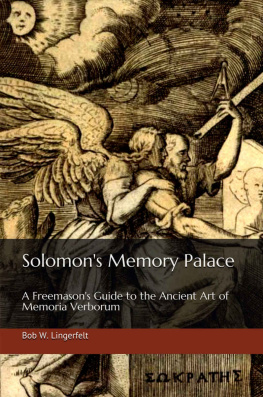


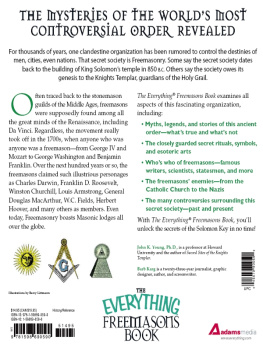
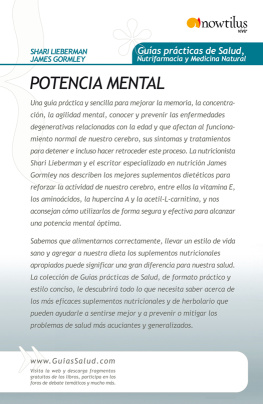
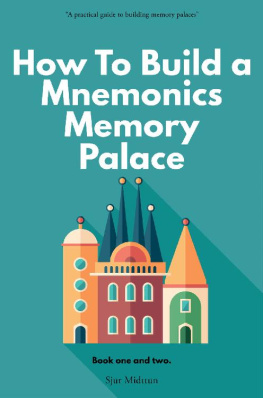
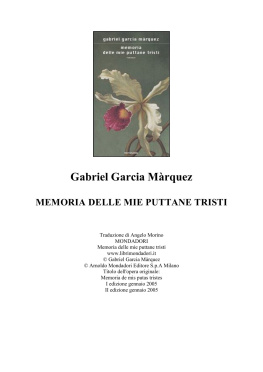
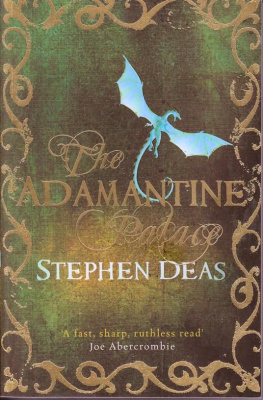
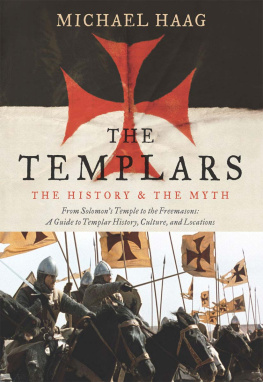


 Created with Vellum
Created with Vellum